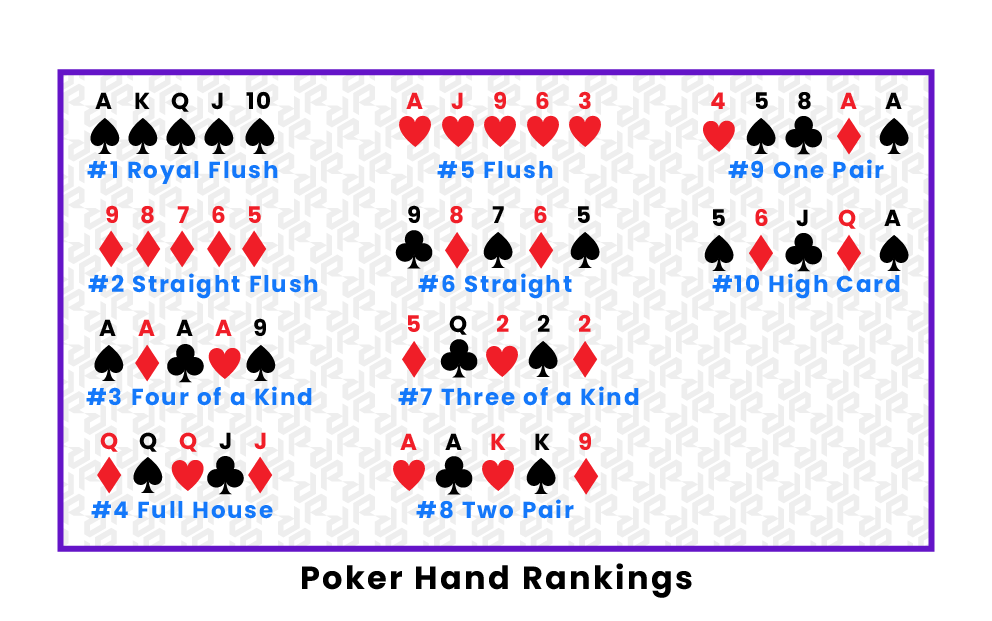
Poker is a card game where players place bets on the strength of their hands in order to win the pot at the end of each betting round. While many people associate poker with gambling, it is actually a skill-based game that can be incredibly profitable if played correctly.
Poker can also be a good way to learn financial management skills, as it teaches you how to make the best decisions about when to risk your money and when to walk away. This type of thinking is applicable to all aspects of life, from investment strategies to deciding whether or not to take on extra work.
Another important aspect of poker is learning how to control your emotions. While it is normal to feel emotions such as frustration, stress, and anger during poker, you must always keep them in check. If you let your emotions get out of hand, they could have a negative effect on your game and even your life in general. Poker can help you learn how to keep your emotions under control, which is a valuable skill that will benefit you in both the game and your life.
Learning how to play poker also teaches you the basics of math and probability. You will need to calculate the probability of getting a specific card in your hand and compare it to the amount of money you can win if you raise your bet. As you play poker more, you will become better at this skill and be able to make smarter decisions.
In addition, poker teaches you how to read your opponents. It is important to understand your opponent’s behavior and what kind of bets they place. You will also need to know what kind of hands are strong and which ones are weak. This will allow you to put pressure on your opponents when you have a strong hand and fold when you have a mediocre one.
The final lesson that poker teaches you is how to be a disciplined player. This is essential for success in any game, but it is particularly important when playing poker. Disciplined poker players don’t act rashly, they are courteous to other players, and they keep their emotions in check. Being undisciplined can lead to big losses, so it is important that you learn how to be a disciplined poker player.
Many people believe that poker destroys an individual, but the truth is that it is a highly constructive activity that can teach you how to handle conflict, control your emotions, and develop high mental activity. It can also help you develop good observation and analytical skills, as well as learn to celebrate wins and accept losses. In addition, regular play can help to delay degenerative neurological diseases such as Alzheimer’s. This is because it helps to rewire your brain. In short, there are a number of benefits that come with learning how to play poker. So don’t be afraid to give it a try!
